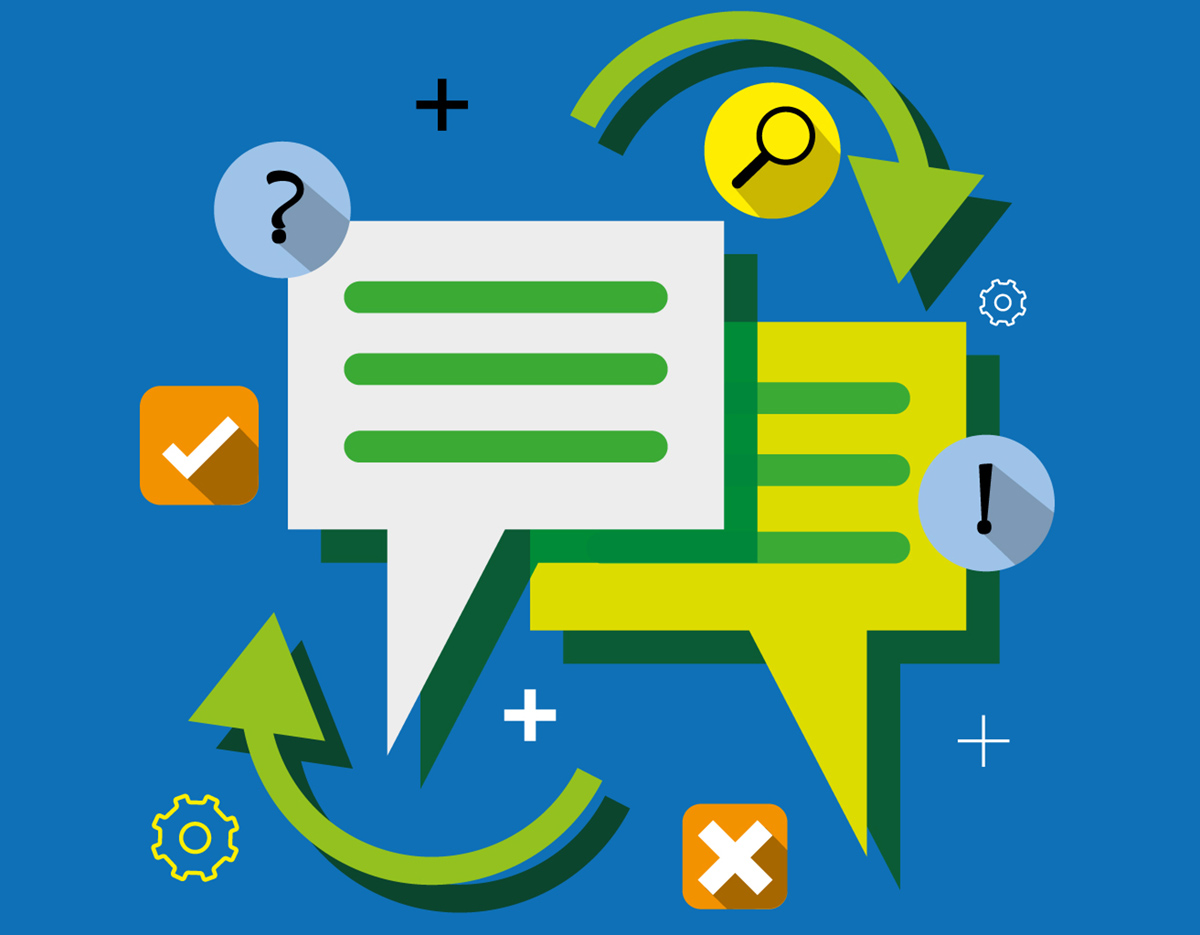Table of Contents
Continuing with the food addiction quiz:
4. Consider the amount of time you spent thinking about food, diets, or weight loss every day during the six-month period in which you gained the most weight.
- Give yourself one point if you had other things in your life that kept your mind off food.
- Give yourself two points if planning, cooking, and eating meals took more than two hours a day, or if a large part of your day was consumed by cooking for others.
- Give yourself three points if food became your primary hobby, and you cooked for yourself.
- Give yourself four points if you took time off work for food, preparing it, eating it, or dieting to lose the weight you gained from it.

5. Finally, looking back on the six-month period of your life you gained the most weight, think about food binges.
- Give yourself one point if you never ate until you absolutely could not eat any more during those six months. (With an exception for Thanksgiving and Christmas. Eating too much on these holidays is never a good thing, but it is not clearly motivated by food addiction.)
- Give yourself two points if you binged on food once a month or less.
- Give yourself three points if you binged on food once a week or less.
- Give yourself four points if you binged on food more often that once a week, eating until you simply could not eat any more.
Low scores on this quiz indicate food freedom and weight gain caused by health issues other than food addiction. However, if your points total just eight or more, you probably have an issue with food addiction. What can you do about this problem?
Just as no one is addicted to every illicit drug, for instance, no one is addicted to Valium and oxycodone and heroin and caffeine and nicotine and methamphetamine, almost no one is addicted to all four of the major addictive food groups:
- Foods that are high in both fat and refined carbohydrates/sugar, such as chocolate cake and French fries.
- Foods that are high in fat but low in refined carbohydrates/sugar, such as bacon and thin-crust pizza.
- Foods that are high refined carbohydrates/sugar but low in fat, such as sugar-sweetened soft drinks and bread or pasta without sauce.
- Foods that are low in fat and low in carbohydrates but that can contribute to weight gain when eaten in excess (as on a sumo wrestler's diet), such as chicken and Brussels sprouts.
Nearly every food addict has one special problem group. The answer isn't to cut back on foods in that group. The answer is to eliminate foods in that group. It's not unusual to need professional help to overcome a food addiction similar to that needed to overcome a drug addiction, only without the legal overtones.
What else can you do to manage a food addiction? Brain stimulation usually helps. Any other sensual activity steers your thoughts away from eating. And for those with $500 to $1000 to spare, transcranial pulsating magnetic stimulation devices, essentially pulsating magnets that are worn on the scalp, actually help in most cases. Just be sure that your buy any pulsating magnetic device with a satisfaction-guaranteed, no questions asked refund policy.
- Peter M. Yellowlees, MBBS, MD. Interpersonal Psychotherapy: Not Just for Depression. Medscape. 18 August 2016.
- Photo courtesy of freepik.com


Your thoughts on this